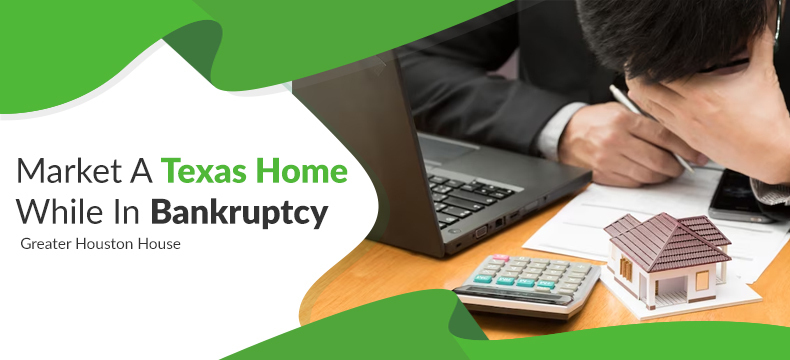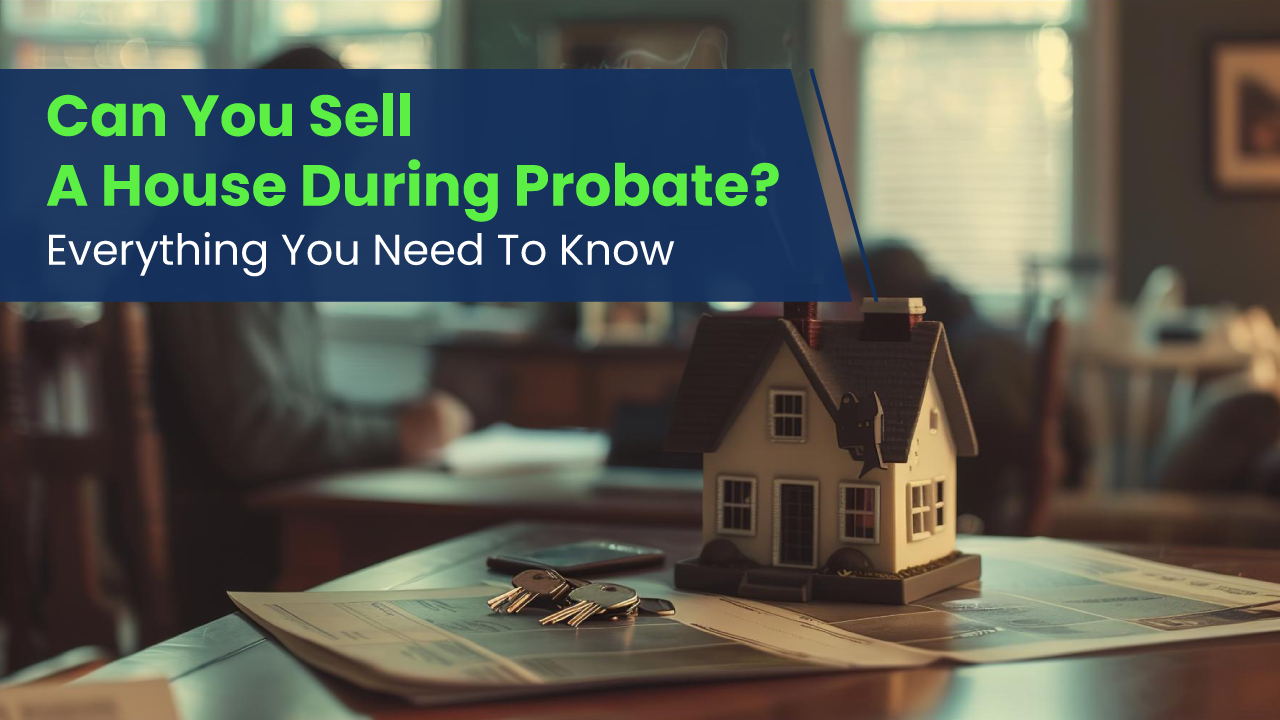Sell A Home During Bankruptcy In Texas

Facing financial distress can be an overwhelming and stressful experience. If you find yourself in a situation where you’re considering filing for bankruptcy in Texas, you may have questions about what will happen to your home and the possibility of selling a home during the bankruptcy process. Selling a house during bankruptcy is a complex matter that requires careful consideration and understanding of the legal implications.
In this comprehensive guide, we will explore the key aspects of selling a house during bankruptcy in Texas and provide you with the information you need to make informed decisions.
What is bankruptcy and how is it different from foreclosure?
Bankruptcy is a legal proceeding that provides individuals who are unable to pay their bills with a fresh financial start. It is a federal law that immediately stops creditors from trying to collect debts until the debts are sorted out according to the law.
On the other hand, foreclosure is the legal process through which a lender tries to recover the balance of a loan from a borrower who has stopped making mortgage payments. This process allows the lender to force the sale of the home through a foreclosure auction to recoup the loan amount. If the property does not sell at the auction, the lender can take possession of it.
In Texas, filing for bankruptcy can eliminate your legal obligation to pay most or all of your debts, but it does not eliminate your mortgage. However, it can stop or delay foreclosure on your home and give you more time to catch up on missed mortgage payments. In most cases, you will not lose your home during bankruptcy as long as your equity in the property is fully exempt.
Will filing for bankruptcy stop a foreclosure?
In Texas, whether you file for bankruptcy under Chapter 7 or Chapter 13, a court order called the automatic stay goes into effect. This stay stops all attempts by creditors to collect their debts, including foreclosure proceedings. However, your mortgage lender can file a motion to “lift” the stay, which would allow them to proceed with attempting to collect their debt. The court is likely to grant this motion if it appears that you would be unable to make the payments on your home based on your financial circumstances.
What is an automatic stay?
An automatic stay is a statutory protection that stops attempts by creditors to collect debts or enforce liens during a bankruptcy case. It is one of the reasons many people consider turning to bankruptcy when facing foreclosure, as it can temporarily or permanently halt your mortgage lender from foreclosing on your home.
In some cases, an automatic stay is not available, or the lender can ask the court to lift it. Additionally, depending on whether you file for Chapter 7 or Chapter 13 bankruptcy, the foreclosure process may stop permanently or temporarily, giving you more time to catch up on your mortgage payments.
Is there a limit to how many times you can file for bankruptcy to avoid foreclosure?
There are limits on how many times and how often you can file for bankruptcy to avoid foreclosure. If you had one previous bankruptcy case dismissed within the past year, the automatic stay goes into effect for only 30 days after you file. If you have had two or more previous bankruptcy cases dismissed within the past year, the automatic stay will not go into effect at all.
What is worse to have on your credit report – a bankruptcy or a foreclosure?
Both bankruptcy and foreclosure are damaging to your credit, but the impact depends on a few factors. A bankruptcy will immediately lower your credit score more than a foreclosure would. Additionally, a foreclosure will remain on your credit report for 7 years, while bankruptcy remains for 10 years. However, that does not mean foreclosure is the better option. It is possible to file for bankruptcy, rebuild your credit score, and be approved for a mortgage on a new home within just a few years. On the other hand, seeing a foreclosure on your credit report would make it very difficult for lenders to approve you for a mortgage down the road.
FAQs
1. Can I sell my house while I am filing for bankruptcy in Texas?
Yes, you can sell your house while filing for bankruptcy in Texas. However, the timing and process may vary depending on your specific circumstances and the type of bankruptcy you are filing.
2. Will selling my house affect my bankruptcy case?
Selling your house during bankruptcy can have implications for your case. The sale proceeds may be considered part of the bankruptcy estate, and how they are handled depends on various factors, including the exemption laws in Texas.
3. Can I keep the proceeds from selling my house during bankruptcy?
Whether you can keep the proceeds from selling your house during bankruptcy depends on various factors, such as the amount of equity in the property and the applicable bankruptcy exemptions.
4. What happens if I have negative equity in my house?
If you have negative equity in your house, meaning you owe more on your mortgage than the current value of the property, selling the house during bankruptcy may leave you with a deficiency balance. This balance is the difference between the sale price and the amount owed.
5. Can I sell my house before filing for bankruptcy?
Selling your house before filing for bankruptcy can have consequences depending on the timing and use of the proceeds. If you sell the house and spend the equity shortly before filing for bankruptcy, it could interfere with your case and potentially lead to dismissal or bankruptcy fraud charges.
6. Should I file for bankruptcy before selling my house?
The decision to file for bankruptcy before or after selling your house depends on several factors, including the amount of equity in your home, your overall financial situation, and your long-term goals. Consulting with a bankruptcy attorney will help you determine the best course of action based on your specific circumstances.
How Greater Houston Houses can help if you are filing for bankruptcy?
If you are planning to file for bankruptcy or have already filed, and you want to sell your home in accordance with the Texas homestead bankruptcy exemption, Greater Houston Houses can assist you. They can make you a cash offer and cover all closing costs, allowing you to sell your home quickly within 3 working days. This way, you can use the sale proceeds to work on repairing your credit and/or buy a new home while avoiding the hassles, fees, and time it can take to sell your home on the market.
Selling a house during bankruptcy in Texas can be a complex process. It is essential to understand the differences between bankruptcy and foreclosure, the impact on your credit, and the limitations and protections provided by the automatic stay. By seeking professional assistance, such as that provided by Greater Houston Houses, you can navigate this challenging situation more effectively. Remember, bankruptcy is not the end of the road. With time and effort, you can rebuild your credit and regain financial stability.

















